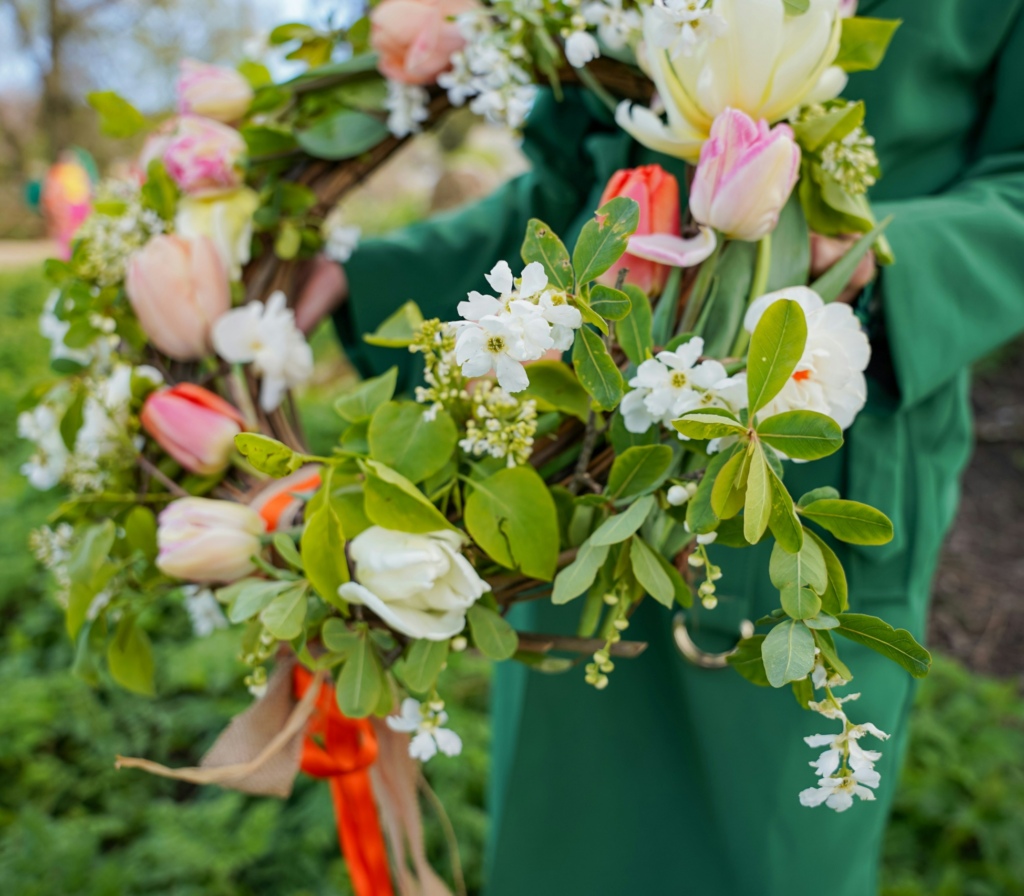May 21, 2024
Farewell Planning – A Gift for Your Loved Ones

The shape of the family has changed
Fifty years ago, things were more straightforward. Generally, the two-parent, 2.4-child nuclear set-up – all living in the same property for many years and rarely moving house – was more common than today. Organising a farewell involved discussions between a handful of family members, and estate division was just as simple.
Today, one in three marriages in New Zealand is a second one, and around 9.3% of families are either a step-family or a blended one (Stats NZ). Simply put, more people will want a say in what should happen at your funeral and more people will have expectations regarding the reading of the will.
When we’re all searching for space and time to grieve, farewell planning needs to happen relatively quickly, and two to four weeks is a very short time to organise those thoughtful, practical decisions and long-remembered moments.
What you want versus what the family thinks you want?
Your loved ones will have very specific opinions on the best course of action for you – family tension occurs in farewell planning when different people have different ideas, which can lead to stressful situations. At Go With Grace we’re seeing funeral directors spending a lot more of their time mediating and finding middle ground for all interested parties.
Being clear on your dying wishes takes away all this conflict. A good way to start is by having these tough conversations as soon as possible because if you don’t, no one else will.
Do you want to be buried or cremated, your organs donated or the special songs you want played at your funeral? Relatives may think they know, but ensuring that your instructions are communicated clearly and shared with the family through an end-of-life plan will avoid confusion and emotional distress.
Wills and extended families
Having everything watertight and legally binding will also help resolve many of the issues discussed above. Aside from the obvious legal implications of having an up-to-date will, it’s a clear expression of your wishes regarding how you would like your estate to be distributed.
This is particularly important when you have a large, extended family. Death does strange things to people; memories become clouded, and old conversations about who gets what are reimagined. A will is the best way to divide your estate safely and securely.
You can’t please everyone with your dying wishes, but you can make everything clear legally, so your loving family knows where they stand. This can also help with any possible family conflict after you’ve gone.
Talking about the practical side of death and dying can be daunting, But with more interested parties to satisfy than ever before, having a plan in place, and your farewell wishes and financial management (in the form of a will) all neat and tidy is one of the greatest gifts you can give your loved ones in such a difficult time.




